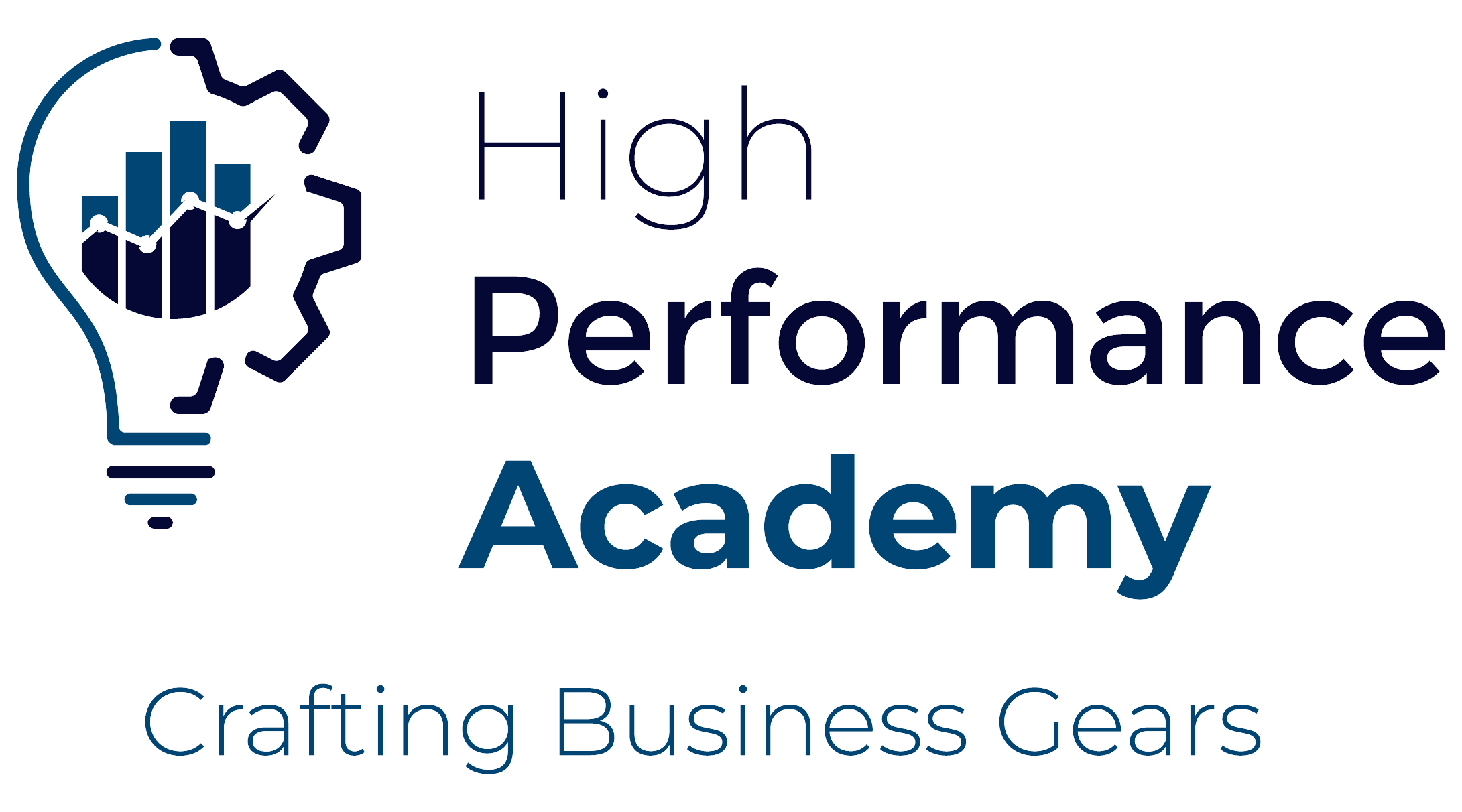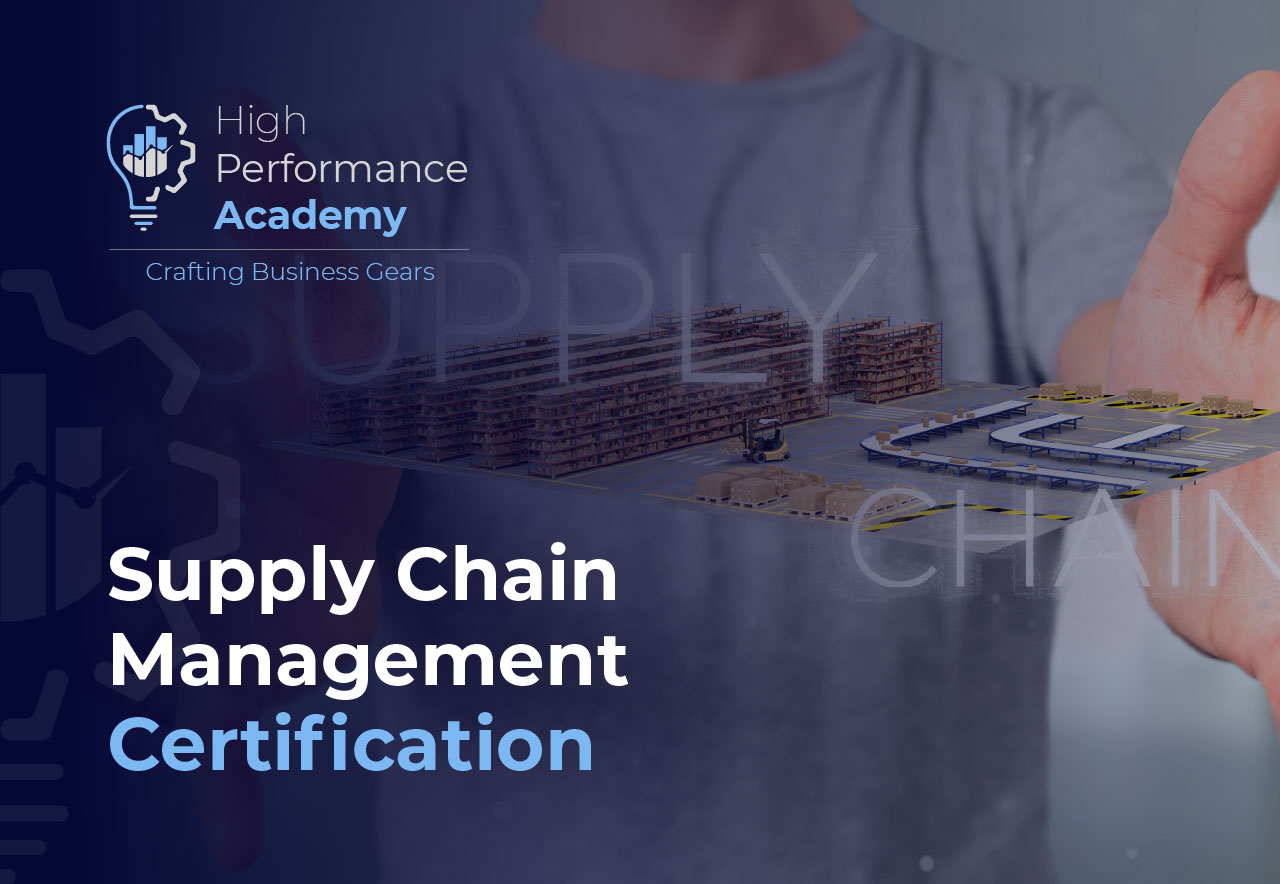Supply Chain
Supply Chain Management Certification
Supply Chain Management Certification What is the Supply Chain Management Certification? The Supply Chain Management Certification is for Designing, planning, carrying out, controlling, and monitoring supply chain activities with the aim of adding value, developing a competitive infrastructure, synchronizing supply …
Overview
Supply Chain Management Certification
What is the Supply Chain Management Certification?
The Supply Chain Management Certification is for Designing, planning, carrying out, controlling, and monitoring supply chain activities with the aim of adding value, developing a competitive infrastructure, synchronizing supply with demand, and tracking performance internationally.
Learn more about SCM | supply chain management and its importance for businesses functioning in today’s competitive marketplace if you as a Business professional want to have a substantial impact on the efficiency, Performance, or profitability of your organization.
Why this Supply Chain Management Certification?
The Supply Chain Management Certification is a comprehensive course that provides in-depth knowledge and practical skills in SCM. By taking this course, you can enhance your knowledge and skills in procurement, logistics, inventory management, demand planning, and supply chain analytics, among other areas. This can help you to improve your understanding and ability to manage supply chain operations effectively.CCer
- Supply Chain Introduction
- Supply Chain Management Definition
- The relation between modern business and supply chains
- Supply chain from different perspectives
- Managing of Supply chain conflicts
- Integration of supply chain management
- Forecasting and Demand Planning
- Importance of forecasting in supply chain
- Types and methods of forecasting
- Sources of demand
- Different time horizons for planning
- S&OP, MRP, master scheduling, and business planning
- KPIs of forecasting and demand planning
- Procurement & Supply Management
- Strategic Sourcing, Procurement & Purchasing
- Supplier Classification techniques
- Procurement and Tendering Processes
- Pre-qualifications of suppliers
- Different techniques of supplier selection
- Types of procurement contracts
- Supplier Performance Metrics &(KPI) For Procurement
- Production Management
- How production affects the supply chain
- Production activity control
- Capacity management of the production process
- Methods of production improvement.
- Quality-related tactics (lean, Six Sigma, TQM, and TOC)
- Quality Control and Quality Assurance
- Inventory Control and Costing
- Inventory impacts in financial statements
- Inventory categories and types
- Safety stock, reorder point, and inventory levels.
- Techniques for managing orders (quantities, systems, and timing)
- The cost of the inventory and its financial valuation
- Techniques of controlling the inventory items
- KPIs of the inventory management
- Warehousing and Materials Handling
- Making a selection between the means of transportation “Land, Air, and Sea”
- Space utilization & Layout Design for Warehouses
- Material handling equipment and tools
- Selection techniques of warehouses location
- Distribution centers management
- Warehousing Performance and KPIs
- Logistics Management
- Making a selection between the means of transportation “Land, Air, and Sea”
- Managing Liner and chartering logistics
- The principal techniques used in door-to-door freight forwarding are by air and sea.
- International commercial terms (INCO terms)
- Customs processes and HS code
- Logistics documents types
- LPIs and KPIs of logistics processes
8. Supply Chain Functions by using Excel
- Forecasting
- Planing
- Procurement Management
- Inventory Management
After the completion of the Supply Chain Management Certification; Participants will be able to:
- Apply operation processes from business perspectives
- Create a complete supply chain business processes
- Apply the main processes of end to end supply chain
- Integrate all activities of the supply chain to be harmonized smoothly
- The link between market demand and supply activities
- List the effects of the factors on customer satisfaction and resource utilization
- Apply different strategies to achieve a demand-supply balance
- Assess the performance measurements and KPIs of all supply chain activities
- Senior and executive level team members with a stake in the supply chain.
- All are connected to supply chain procedures and have an impact on the company.
- logistics management and teams of planning, procurement, warehousing, operation
You May Like
TNA | Training Needs Analysis Workshop
TNA | Training Needs Analysis Workshop What is the TNA | Training Needs Analysis Workshop? The TNA | Training Needs Analysis Workshop is a...
Performance Management Course
Performance Management Course What is a Performance Management Course? Performance management Course helps individuals and teams understand how their work contributes to the broader...
CLDP Certification | Certified L&D Professional
Certified L&D ProfessionalCLDP Certification What is the CLDP Certification? CLDP Certification is a course designed to provide participants with the knowledge and skills necessary...
The Art of Managing People Course
The Art of Managing People Course What is The Art of Managing People course? The Art of Managing People course focuses on various key...
PD 02: SCM Supply Chain Management Course [ CILT International Diploma]
PD 02: SCM Supply Chain Management Course [ CILT International Diploma] What is PD 02: SCM Supply Chain Management Course [ CILT International Diploma]?...















